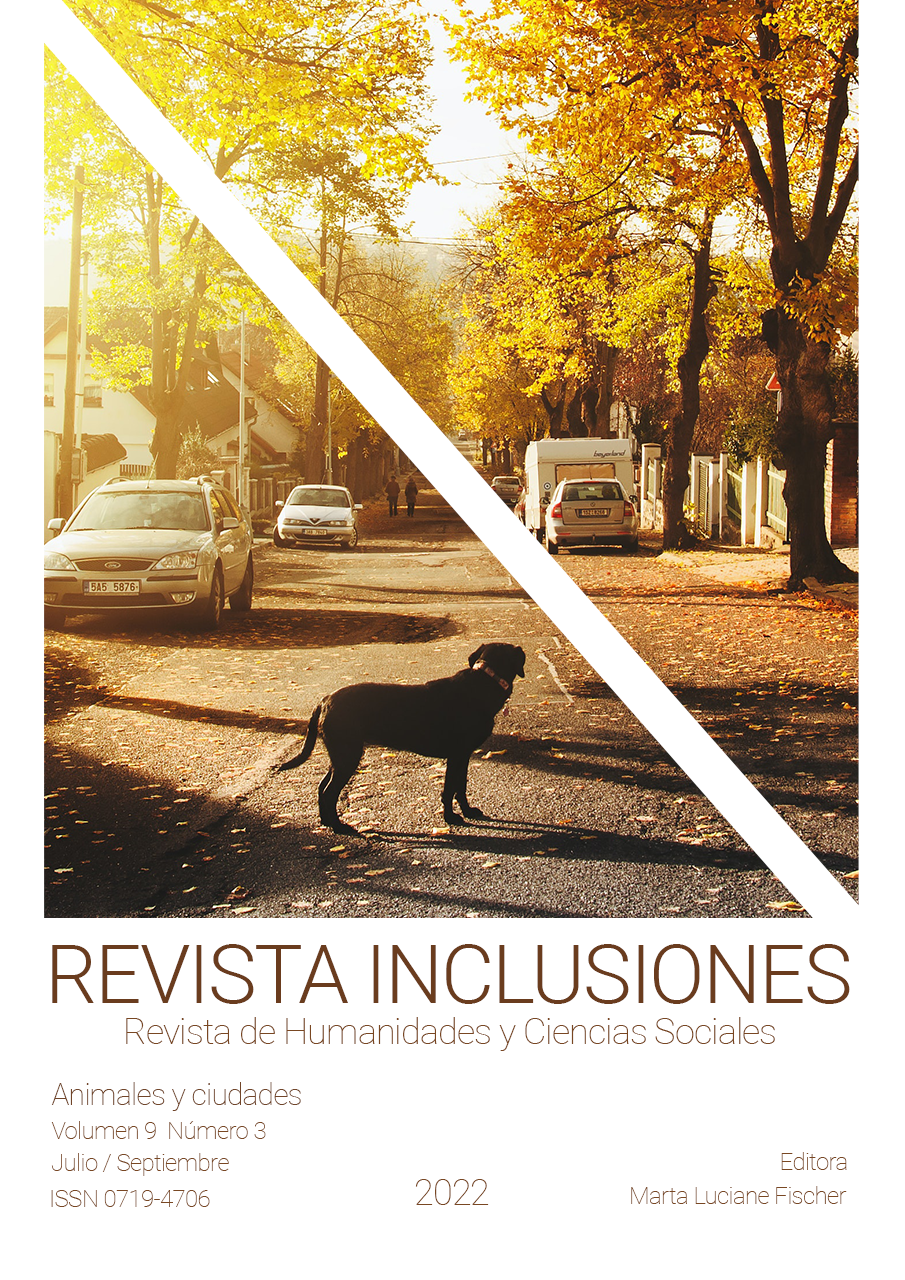30-YEAR EXPERIENCES OF LOXOSCELISM IN CURITIBA, PARANÁ, BRAZIL: DIRECTIONS FOR DISRUPTIVE, INCLUSIVE, HUMANITARIAN, AND SUSTAINABLE HEALTH EDUCATION
DOI:
https://doi.org/10.58210/fprc3367Abstract
The recognition of loxoscelism in remote Curitiba for almost 30 years, whose
advances in scientific knowledge, diagnosis, treatment, and prevention
guidance did not significantly impact the reduction of accidents. The objective
was to characterize the conception of the brown spider by the academic,
popular, and social segment through transversal, exploratory research with a
mixed approach. The research results indicated that the subsidiary scientific
advances in accident prevention have not been translated into informal
language, whose generality, breadth and reproduction of out-of-context
technical data contribute to the low identification of the citizen with the problem,
resulting in different relationships with spiders, webs and control conditioned by
age, gender, education, training area, place of residence, participation in house
maintenance and animal tutoring. These variables must be considered in the
health education process in the formal and non-formal context that provide the
synergy between academia, public management, and the citizen in the
realization of global health.
Downloads
Published
Versions
- 22-11-2022 (4)
- 15-11-2022 (3)
- 24-10-2022 (2)
- 30-06-2022 (1)
How to Cite
Issue
Section
License
Copyright (c) 2022 Marta Luciane Fischer

This work is licensed under a Creative Commons Attribution 4.0 International License.
Los autores retienen los derechos de autor y otorgan a Revista Inclusiones el derecho de publicación bajo Creative Commons Attribution 4.0 International (CC BY 4.0). Esto permite el uso, distribución y reproducción en cualquier medio, siempre que se otorgue la debida atribución al autor.











